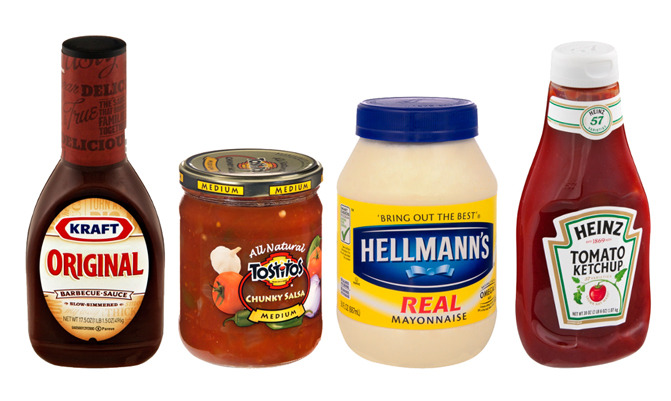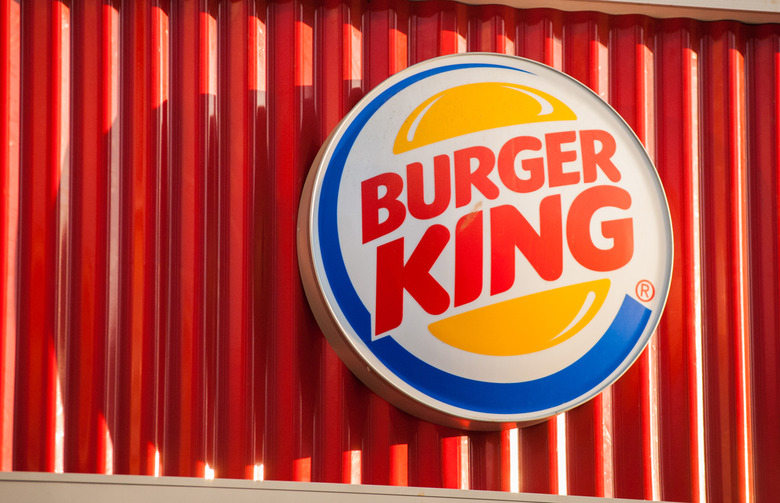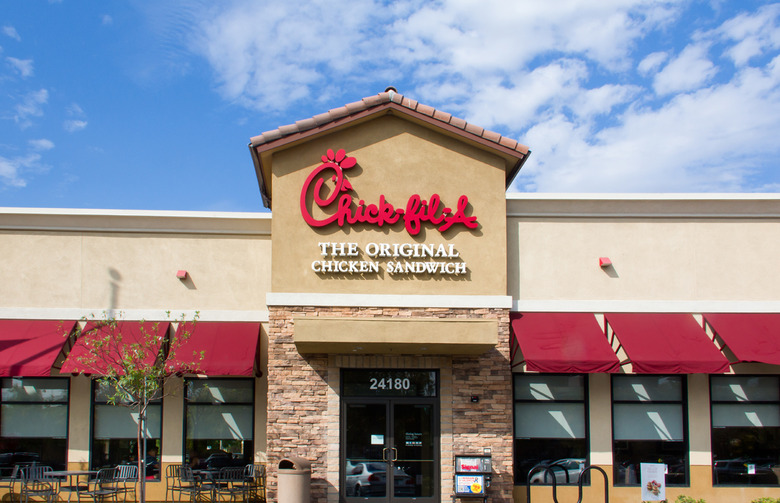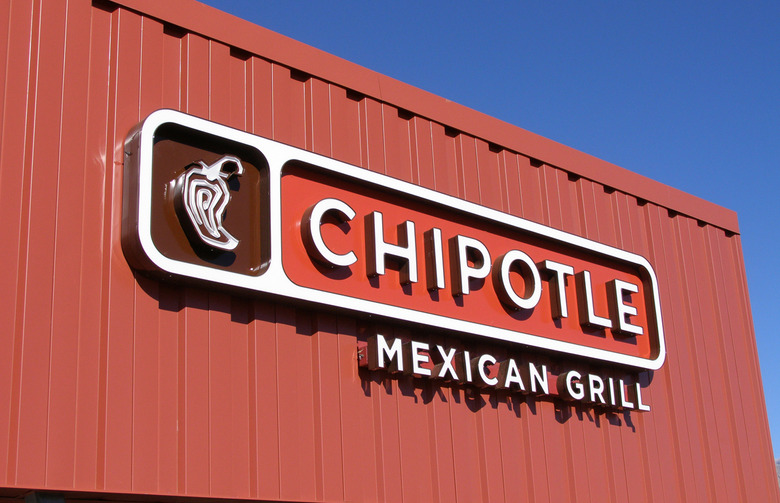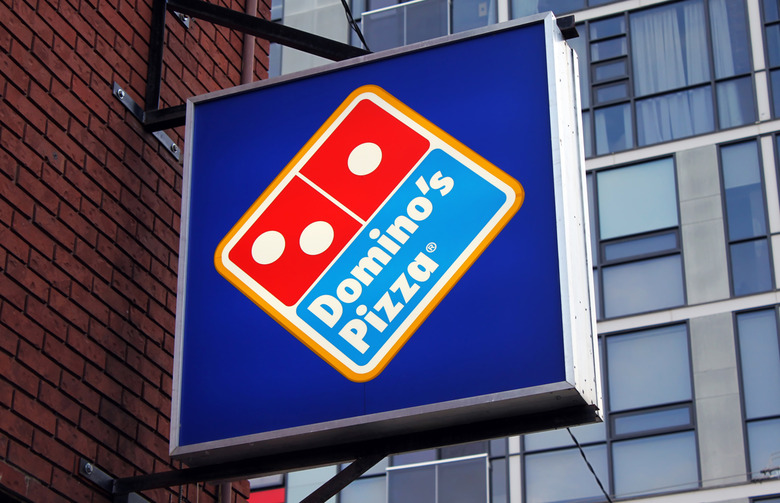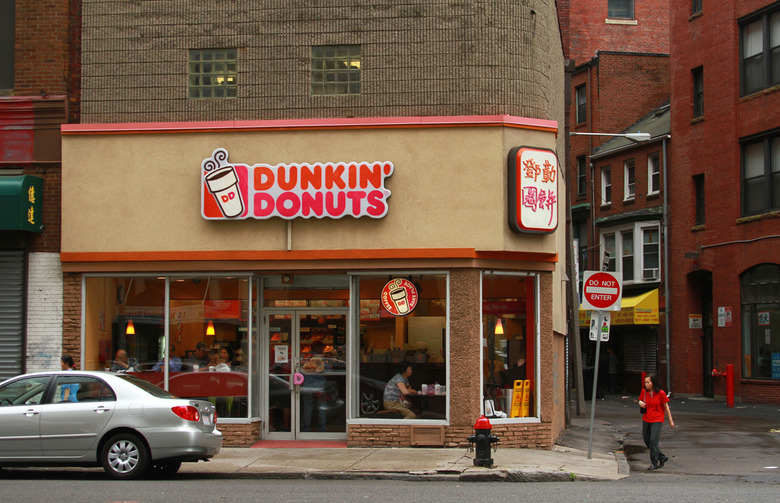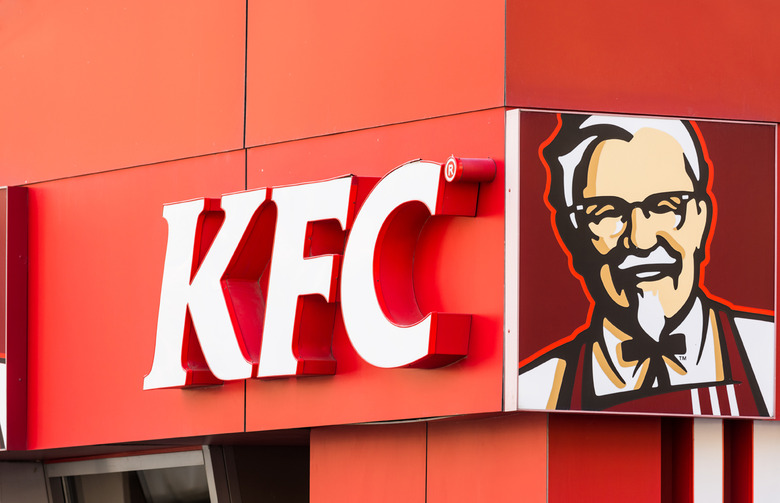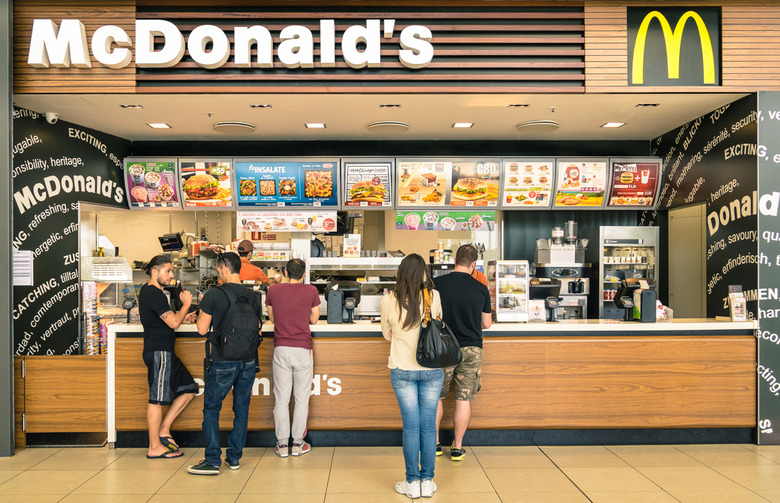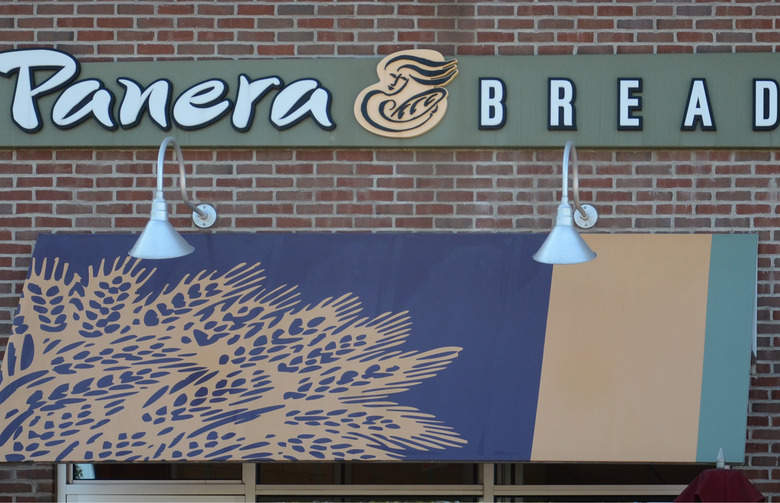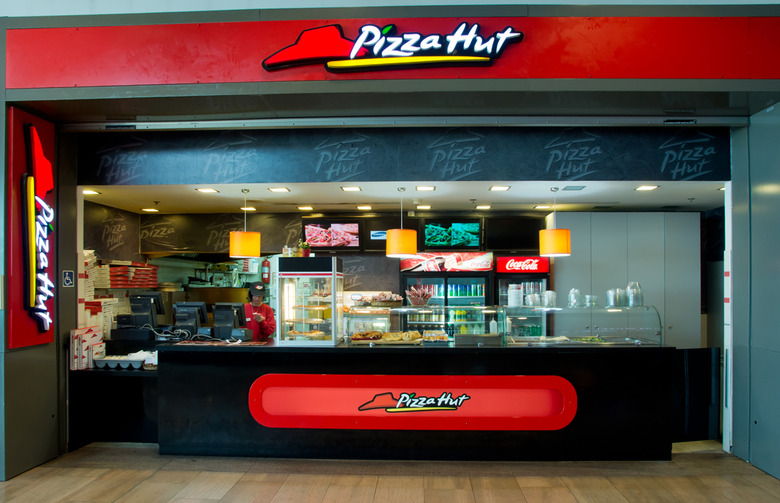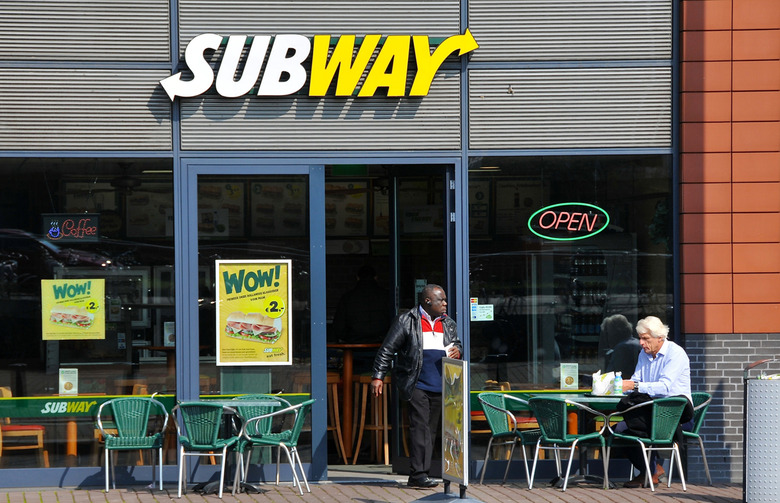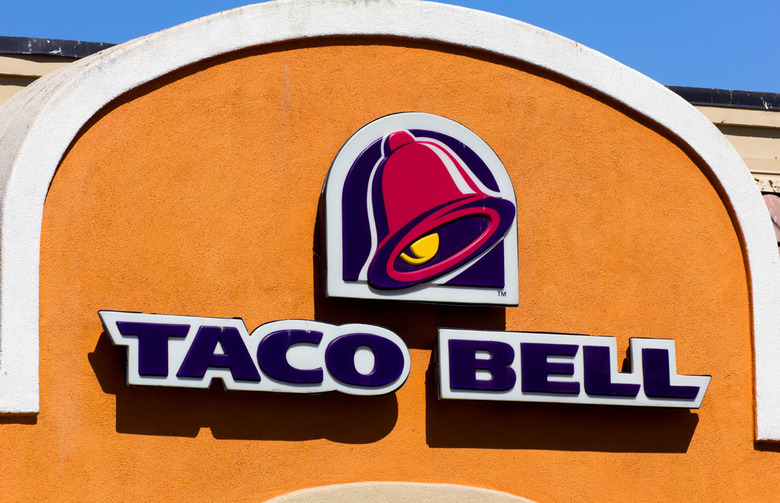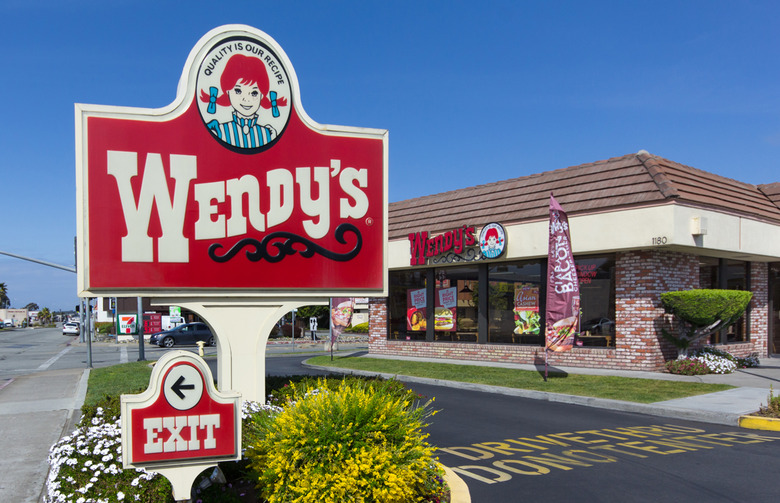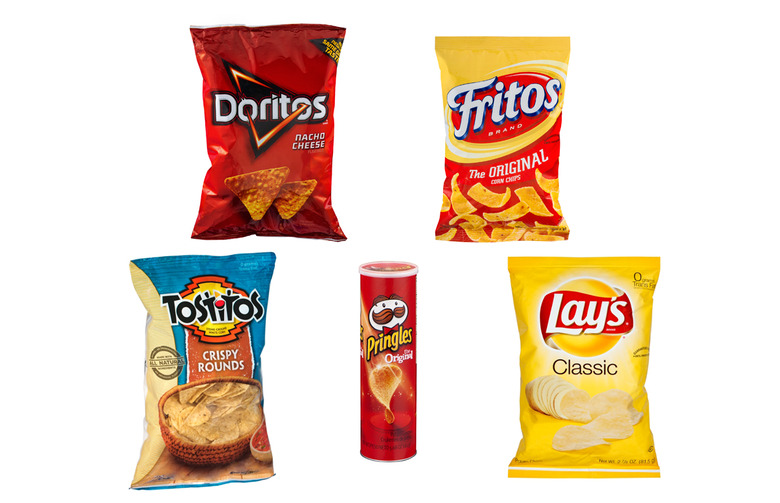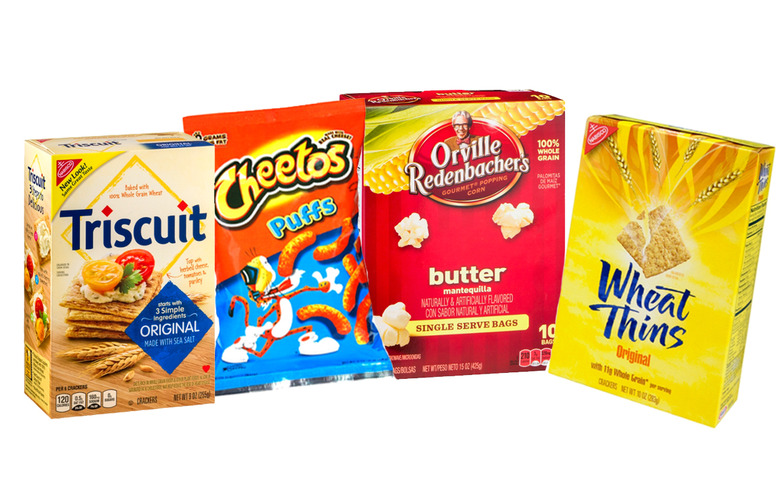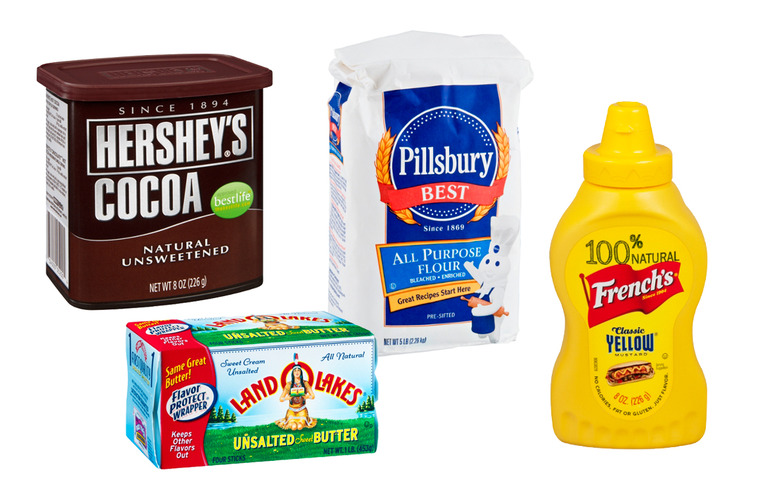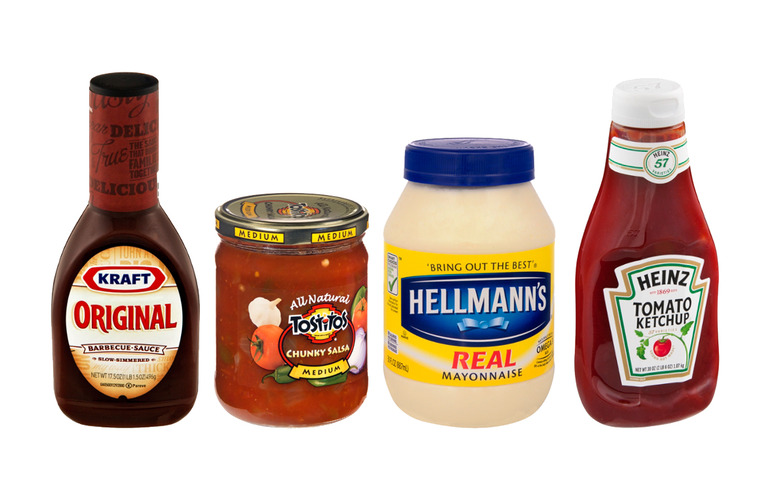Americans Lose Trust In Top Food Brands And Fast-Food Outlets
We asked Daily Meal readers if their trust in specific food brands had increased, stayed the same, or decreased compared to five years ago. Overall the results support what we see as a trend. We included a dozen fast food purveyors and five brands each of chips, non-chip snacks, staple ingredients, and condiments.
Burger King
More Trust: 9.4 percent
Less Trust: 45.7 percent
About the Same: 44.9 percent
Chick-fil-A
More Trust: 33.6 percent
Less Trust: 25.8 percent
About the Same: 40.6 percent
Chipotle
More Trust: 37.3 percent
Less Trust: 17.5 percent
About the Same: 45.2 percent
Domino’s
More Trust: 14.1 percent
Less Trust: 35.9 percent
About the Same: 50.0 percent
Dunkin’ Donuts
More Trust: 18.1 percent
Less Trust: 32.3 percent
About the Same: 49.6 percent
KFC
More Trust: 4.8 percent
Less Trust: 53.2 percent
About the Same: 42.1 percent
McDonald’s
More Trust: 11.9 percent
Less Trust: 51.6 percent
About the Same: 36.5 percent
Panera Bread
More Trust: 35.7 percent
Less Trust: 16.7 percent
About the Same: 47.6 percent
Pizza Hut
More Trust: 5.5 percent
Less Trust: 42.2 percent
About the Same: 52.3 percent
Subway
More Trust: 15.0 percent
Less Trust: 44.9 percent
About the Same: 40.2 percent
Taco Bell
More Trust: 13.4 percent
Less Trust: 39.4 percent
About the Same: 47.2 percent
Wendy’s
More Trust: 22.0 percent
Less Trust: 26.0 percent
About the Same: 52.0 percent
Chips
Doritos
More Trust: 7.3 percent
Less Trust: 25.0 percent
About the Same: 67.7 percent
Fritos
More Trust: 6.7 percent
Less Trust: 22.9 percent
About the Same: 70.3 percent
Lay's Potato Chips
More Trust: 18.0 percent
Less Trust: 18.0 percent
About the Same: 63.9 percent
Pringles
More Trust: 6.7 percent
Less Trust: 38.3 percent
About the Same: 54.9 percent
Tostitos
More Trust: 11.3 percent
Less Trust: 20.8 percent
About the Same: 67.9 percent
Snacks
Cheetos
More Trust: 7.8 percent
Less Trust: 29.9 percent
About the Same: 62.2 percent
Orville Redenbacher's Popcorn
More Trust: 9.9 percent
Less Trust: 36.3 percent
About the Same: 53.8 percent
Ritz Crackers
More Trust: 10.1 percent
Less Trust: 23.6 percent
About the Same: 66.3 percent
Triscuit
More Trust: 24.8 percent
Less Trust: 16.1 percent
About the Same: 59.1 percent
Wheat Thins
More Trust: 16.2 percent
Less Trust: 20.5 percent
About the Same: 63.3 percent
Ingredients
Domino Sugar
More Trust: 7.2 percent
Less Trust: 20.9 percent
About the Same: 71.9 percent
Egg-Land's Best Eggs
More Trust: 21.1 percent
Less Trust: 22.5 percent
About the Same: 56.4 percent
Hershey's Cocoa
More Trust: 12.3 percent
Less Trust: 17.0 percent
About the Same: 70.7 percent
Land O'Lakes Butter
More Trust: 26.4 percent
Less Trust: 13.9 percent
About the Same: 59.6 percent
Pillsbury All-Purpose Flour
More Trust: 9.0 percent
Less Trust: 16.5 percent
About the Same: 74.5 percent
Condiments
French's Mustard
More Trust: 15.9 percent
Less Trust: 9.6 percent
About the Same: 74.4 percent
Heinz Ketchup
More Trust: 25.2 percent
Less Trust: 17.4 percent
About the Same: 57.4 percent
Hellman's Mayonnaise
More Trust: 25.7 percent
Less Trust: 19.3 percent
About the Same: 55.0 percent
Kraft Barbecue Sauce
More Trust: 4.5 percent
Less Trust: 39.0 percent
About the Same: 56.6 percent
Tostitos Salsa
More Trust: 8.2 percent
Less Trust: 32.2 percent
About the Same: 59.6 percent
